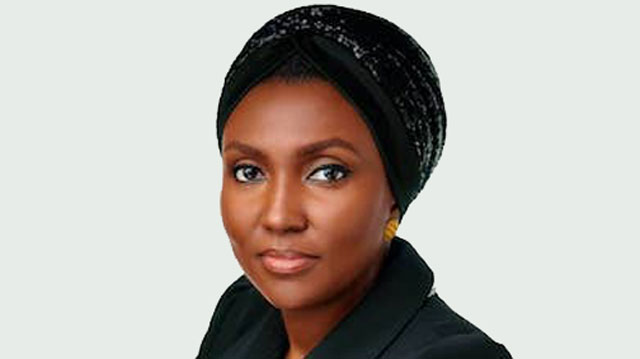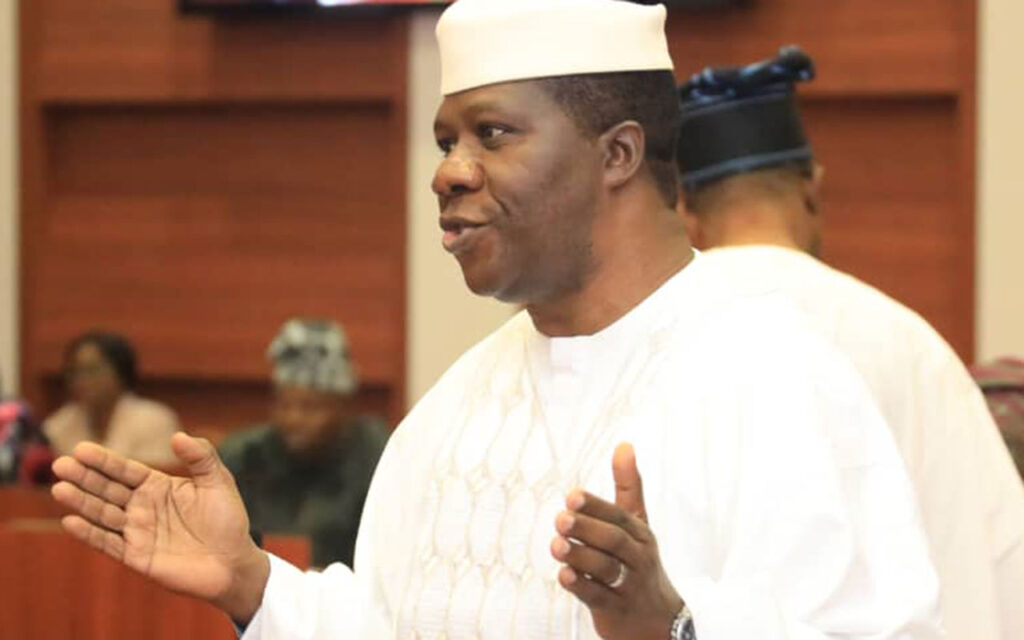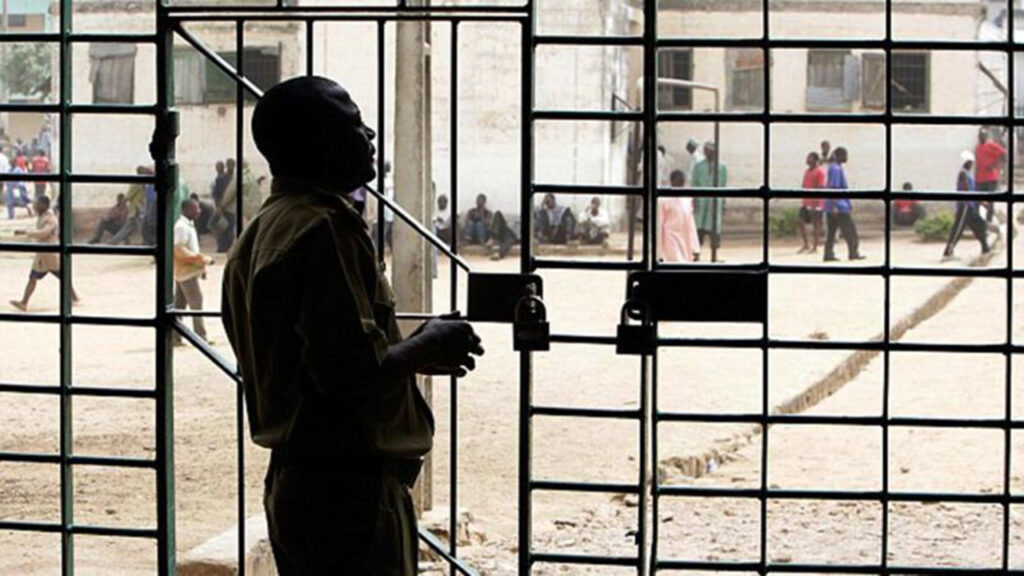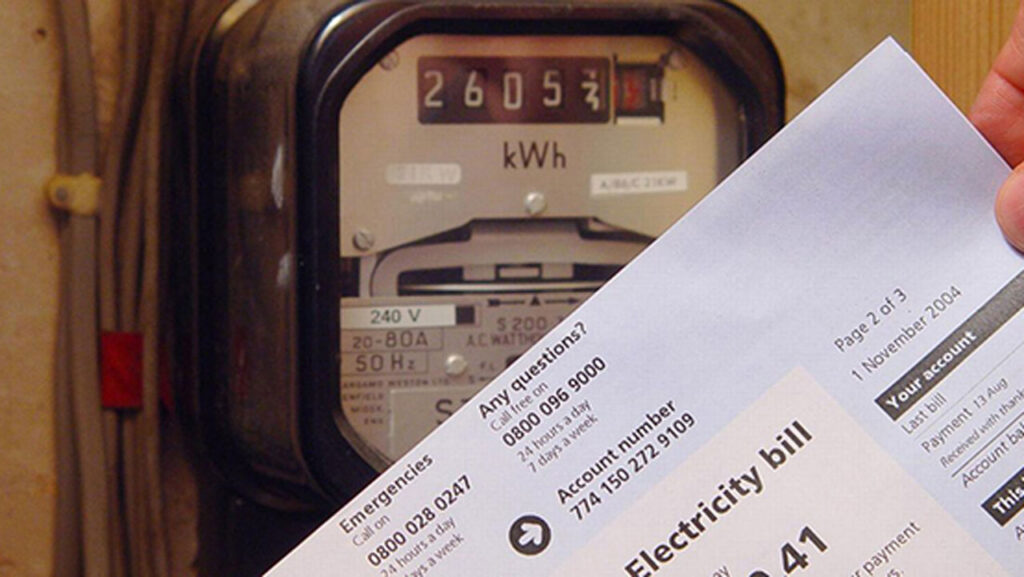
Nigeria’s Middle Belt and northwestern states have for years been caught in violence between normadic herdsman and farmers as climate change intensifies rivalries over water and land.
But that violence has spiralled into security crisis tit-for-tat attacks and expanded into widespread kidnapping, cattle theft and criminal banditary. (Photo by Kola Sulaimon / AFP)
The Nigerian Government has launched an appeal fund seeking $306 million to fast-track food assistance, nutrition supplies and services, clean water, healthcare, and protection support to people in severe need in Borno, Adamawa, and Yobe states.
In addition, the Government said with a deteriorating food security and nutrition crisis in these states especially, this lean season (May to September), national and international partners have estimated that 4.8 million people are facing severe food insecurity, the highest levels in the past seven years.
Speaking at the launch in Abuja, Director General of the National Emergency Management Agency, Zubaida Umar stated, “The mobilization of funding and resources to address the food security crisis envisaged in the north-eastern part of the country is a step in the right direction in complementing the Federal Government’s efforts to prevent the deaths of people.
Umar noted that the Cadre Harmonisé analysis released in March 2024 indicated that children, pregnant and lactating women, older persons, and people living with disabilities are among those who are most vulnerable, saying, the lean season food security and nutrition crisis multisector plan, is targeting 2.8 million of the people for urgent interventions.
“The food and nutrition crisis, which has been compounded by soaring food prices, is primarily due to continued conflict and insecurity in these states, alongside climate change impacts. It threatens to become catastrophic without immediate and coordinated intervention,” he added.
The Director General further argued that prices of staple foods like beans and maize have increased by 300 to 400 per cent over the past year following the removal of the fuel subsidy, the depreciation of the naira, while inflation is outpacing the ability of families to cope, making essential food items unaffordable.
According to him, malnutrition rates are of great concern. Approximately 700,000 children under five will be projected to be acutely malnourished over the next six months, including 230,000 who are expected to be severely and at risk of death if they do not receive timely treatment and support.
Also, the United Nations Resident and Humanitarian Coordinator Mohamed Malick Fall said,as a result of malnutrition-related complications, adoption of negative coping mechanisms and other health related issues among others, they have to announce the release of $11 million from the Nigeria Humanitarian Fund to jumpstart the emergency response.
“We are confident that we have the capacity to address these increased needs in support of Government efforts, what we need now are resources. Joining hands together, pooling resources, to save lives and stop the suffering,” Malick said.
Contributing, Acting Representative of UNICEF Nigeria, Dr.Rownak Khan stated that they are deeply concerned about the escalating food security and nutrition crisis in these three states, regretting the alarming rise in severe acute malnutrition among children underscores the urgent need for immediate action.
“This year alone, we have seen around 120,000 admissions for the treatment of severe acute malnutrition with complications, far exceeding our estimated target of 90,000. We must ensure that lifesaving nutrition commodities reach every child in need. This is not just a call to action; it is a race against time to save lives and protect the future of millions of vulnerable children,” Khan said.
While highlighting immediate actions needed to be taken for longer term results, the Food and Agriculture Organization (FAO) Representative in Nigeria, Dominique Koffy Kouacou, said, “given the urgent situation, urgent interventions are required to support short-, medium- and long-term needs of vulnerable populations.
World Food Programme (WFP) Country Director, David Stevenson, said, “We need to get out of conflict into solutions, and the solution is peace and production. There remains a conflict in the north-east that requires collective urgent assistance as well as prioritize access to nutritious foods by providing cash-based transfers, specialized nutritious foods, and by supporting local food solutions.”
“Tis is the fourth time that the UN and humanitarian partners are launching an operational plan for the BAY states pointing to the need to address the root causes of hunger and malnutrition.”













